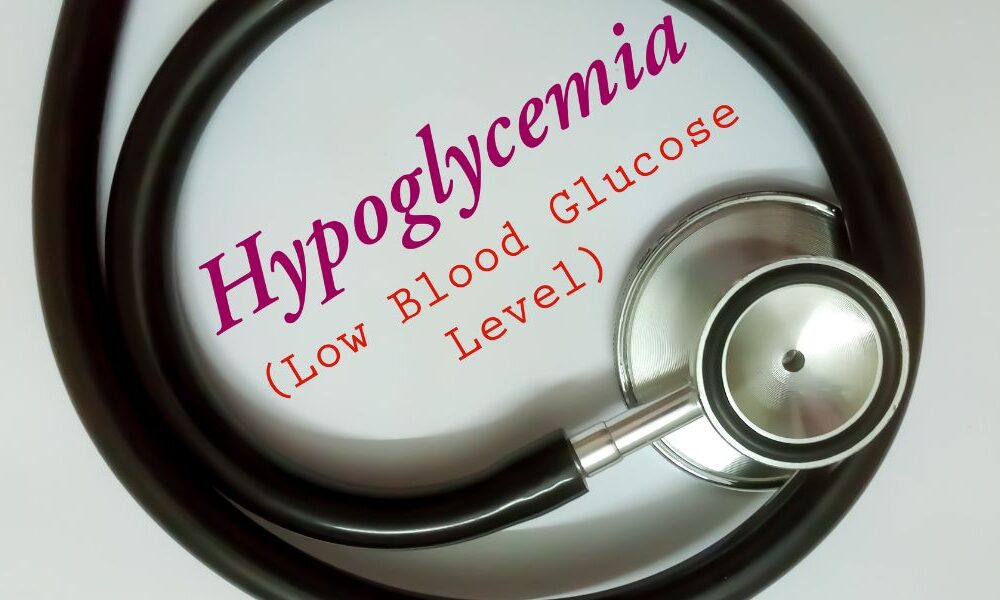The ketogenic diet, or keto diet, has gained popularity in recent years for its potential benefits in weight loss and improved metabolic health. However, concerns have been raised about its impact on blood sugar levels and the potential risk of hypoglycemia. In this article, we will explore the relationship between the keto diet and hypoglycemia, examining important points, frequently asked questions, pros, cons, and provide a final verdict on whether the keto diet can cause hypoglycemia.

Important Points:
- The Mechanism Behind the Keto Diet:
- The keto diet is a low-carbohydrate, high-fat diet that induces a state of ketosis.
- During ketosis, the body primarily burns fat for fuel instead of carbohydrates, leading to weight loss.
- The reduction in carbohydrate intake results in lower blood sugar levels, which can potentially impact individuals susceptible to hypoglycemia.
- Hypoglycemia Risk Factors on the Keto Diet:
- Individuals with a history of hypoglycemia or impaired glucose tolerance may be more prone to developing low blood sugar on the keto diet.
- Medications that lower blood sugar, such as insulin or sulfonylureas, may need adjustment or monitoring when following a ketogenic eating plan.
- Prolonged periods of fasting or engaging in intense physical activity can further increase the risk of hypoglycemia.
- Symptoms of Hypoglycemia:
- Hypoglycemia symptoms may include dizziness, shakiness, confusion, sweating, and hunger.
- It’s essential to differentiate between ketosis symptoms (often called the “keto flu”) and actual hypoglycemia symptoms to avoid unnecessary concerns.
- Managing Hypoglycemia on the Keto Diet:
- Regular monitoring of blood sugar levels is crucial for individuals at risk of hypoglycemia.
- Consuming small, frequent meals that contain adequate protein, healthy fats, and limited carbohydrates can help stabilize blood sugar levels.
- Adjusting the macronutrient ratios of the keto diet or considering alternative diets, such as a modified Atkins diet, may be necessary for those prone to hypoglycemia.
- Seeking Professional Advice:
- If you have a history of hypoglycemia or diabetes and are considering the keto diet, consult with a healthcare professional or registered dietitian.
- They can provide personalized guidance, monitor your blood sugar levels, and make appropriate adjustments to your diet and medication regimen.

FAQ’s:
Can everyone experience hypoglycemia on the keto diet?
Not everyone will experience hypoglycemia on the keto diet. The risk is higher for individuals with a history of hypoglycemia or impaired glucose tolerance, as well as those taking medications that lower blood sugar.
Are there any warning signs to watch for regarding hypoglycemia while on the keto diet?
Yes, some warning signs of hypoglycemia on the keto diet include dizziness, shakiness, confusion, sweating, and hunger. It’s important to monitor for these symptoms, especially if you’re at risk.
Can the keto diet cause long-term complications with blood sugar regulation?
Long-term complications with blood sugar regulation on the keto diet are not well-established. However, it’s crucial to manage blood sugar levels carefully, especially if you have pre-existing conditions or take medications.
How can I differentiate between ketosis symptoms and hypoglycemia symptoms?
Ketosis symptoms, often referred to as the “keto flu,” may include fatigue, headaches, and irritability. Hypoglycemia symptoms, on the other hand, involve dizziness, shakiness, confusion, sweating, and hunger. Monitoring blood sugar levels can help differentiate between the two.
Is there a specific diet modification that can help prevent hypoglycemia while following a keto eating plan?
Yes, there are strategies to help prevent hypoglycemia on the keto diet. These include consuming small, frequent meals with adequate protein, healthy fats, and limited carbohydrates. Additionally, considering alternative diets like a modified Atkins diet may be beneficial for some individuals.

Pro’s:
- Weight Loss and Improved Body Composition: The keto diet has shown effectiveness in promoting weight loss and reducing body fat. By restricting carbohydrates and increasing fat intake, the body shifts into a state of ketosis, where it utilizes stored fat as a primary energy source.
- Increased Satiety and Reduced Cravings: High-fat and moderate-protein foods can help promote feelings of fullness and satiety, making it easier to adhere to the diet and potentially reducing cravings for unhealthy foods.
- Potential Improvement in Insulin Sensitivity: Some research suggests that the keto diet may improve insulin sensitivity, which is beneficial for individuals with insulin resistance or type 2 diabetes. By limiting carbohydrate intake, the diet may help stabilize blood sugar levels and reduce the need for insulin.
- Enhanced Mental Clarity and Focus: Many individuals report improved mental clarity, focus, and cognitive function while following the keto diet. Ketones, produced during ketosis, can serve as an alternative energy source for the brain, potentially leading to mental benefits.
- Potential Benefits for Certain Neurological Conditions like Epilepsy: The keto diet has been used for decades as a therapeutic approach to managing epilepsy in children and adults. Research suggests that the diet’s metabolic changes may help reduce the frequency and severity of seizures in some individuals.

Cons:
- Initial Adjustment Period and Potential Side Effects: When transitioning to a keto diet, some individuals may experience the “keto flu,” which includes symptoms such as fatigue, headaches, dizziness, and irritability. These symptoms are usually temporary but can be challenging during the initial phase.
- Restrictive Nature of the Diet: The keto diet is highly restrictive, as it involves significant carbohydrate reduction. This can make it challenging to follow, especially for those who enjoy a wide variety of foods or have specific dietary preferences.
- Nutrient Deficiencies and Potential Risks to Heart Health: The strict limitations on certain food groups, such as fruits, whole grains, and legumes, may result in nutrient deficiencies if the diet is not well-planned. Additionally, the high intake of saturated fats in some versions of the keto diet may increase the risk of heart disease if not balanced with healthier fat sources.
- Difficulty Adhering to the Diet Long-Term: Sustaining the keto diet long-term can be challenging for many individuals due to its restrictive nature and limited food choices. It requires careful meal planning, monitoring, and a strong commitment to dietary changes.
- Potential for Hypoglycemia in Susceptible Individuals: While the keto diet aims to lower blood sugar levels, it can increase the risk of hypoglycemia in individuals who are prone to low blood sugar or take medications that lower blood sugar levels. Close monitoring and adjustments may be necessary for these individuals.

Final Verdict:
The keto diet can be an effective tool for weight loss, improved insulin sensitivity, and certain neurological conditions. However, it is essential to consider the potential side effects, the restrictive nature of the diet, and the need for careful planning to address nutrient deficiencies. If you are considering the keto diet, it is advisable to consult with a healthcare professional or registered dietitian to ensure it aligns with your individual health goals and needs.
The Keto Diet and Hypoglycemia: What You Need to Know












No Comment! Be the first one.